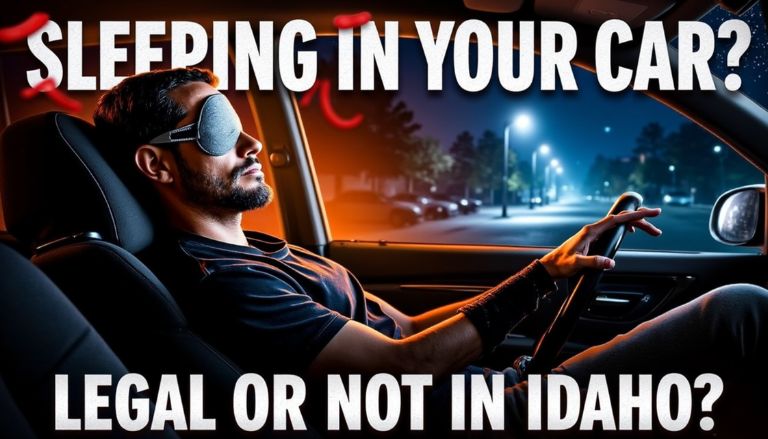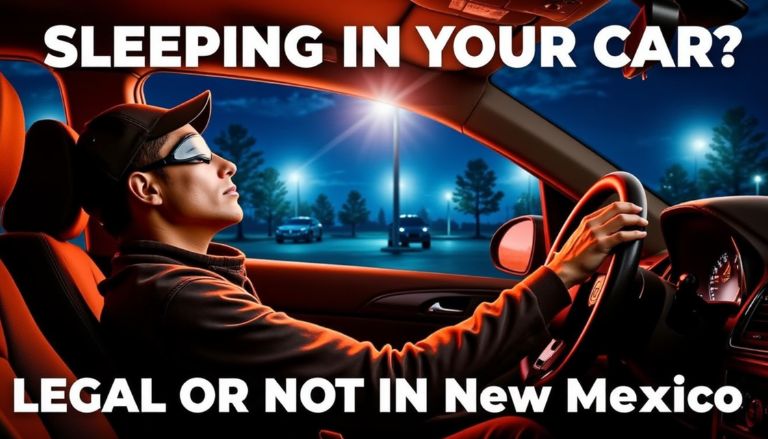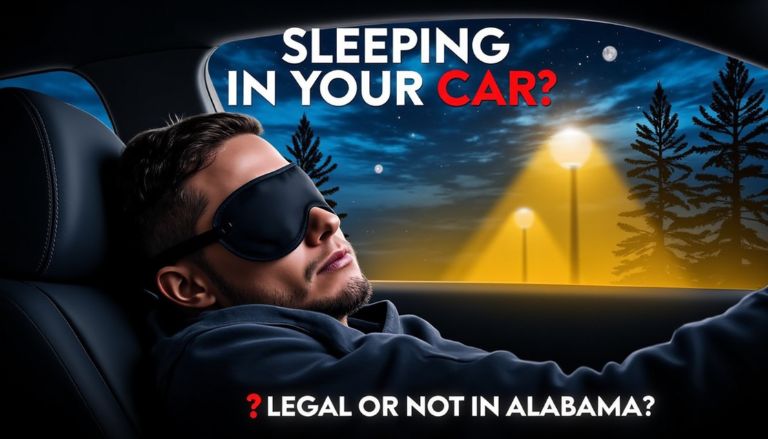Sleeping in your car in Idaho is subject to various legal considerations based on location and circumstances. Understanding these rules can help you avoid fines or legal trouble.
Legal Considerations for Sleeping in Your Car
1. Public vs. Private Property
- Public Property: Sleeping in a vehicle on public streets, sidewalks, or parks is generally prohibited under local ordinances. For example, Boise’s regulations make it unlawful to use public places as camping sites, including sleeping in a vehicle.
- Private Property: You may sleep in your car on private property with the owner’s permission. Businesses like Walmart often allow overnight parking, but it’s always best to confirm with management.
2. Engine and Headlights
- If you choose to sleep in your car, ensure the engine is turned off and headlights are not on. This helps avoid attracting law enforcement attention or violating local laws.
3. DUI Implications
- Idaho law allows DUI charges even if you are not actively driving. If you are found sleeping in a vehicle while intoxicated, officers may arrest you for DUI if they believe you have control of the vehicle while impaired.
4. Local Ordinances
- Specific cities have their own rules regarding sleeping in vehicles. Boise’s camping regulations state that law enforcement will not enforce camping violations if there are no available overnight shelters for homeless individuals.
5. Commercial Vehicles
- A new law permits commercial drivers to idle their vehicles while resting, providing some flexibility for those operating under commercial licenses.
Summary
While sleeping in your car is allowed in certain areas of Idaho, it is crucial to understand local laws and regulations. Always ensure your vehicle is parked legally and that you are not violating any statutes that could lead to fines or legal issues.
Sources:
Boise Municipal Code
Mix 106 Radio
Boise Code Library






Leave a Comment